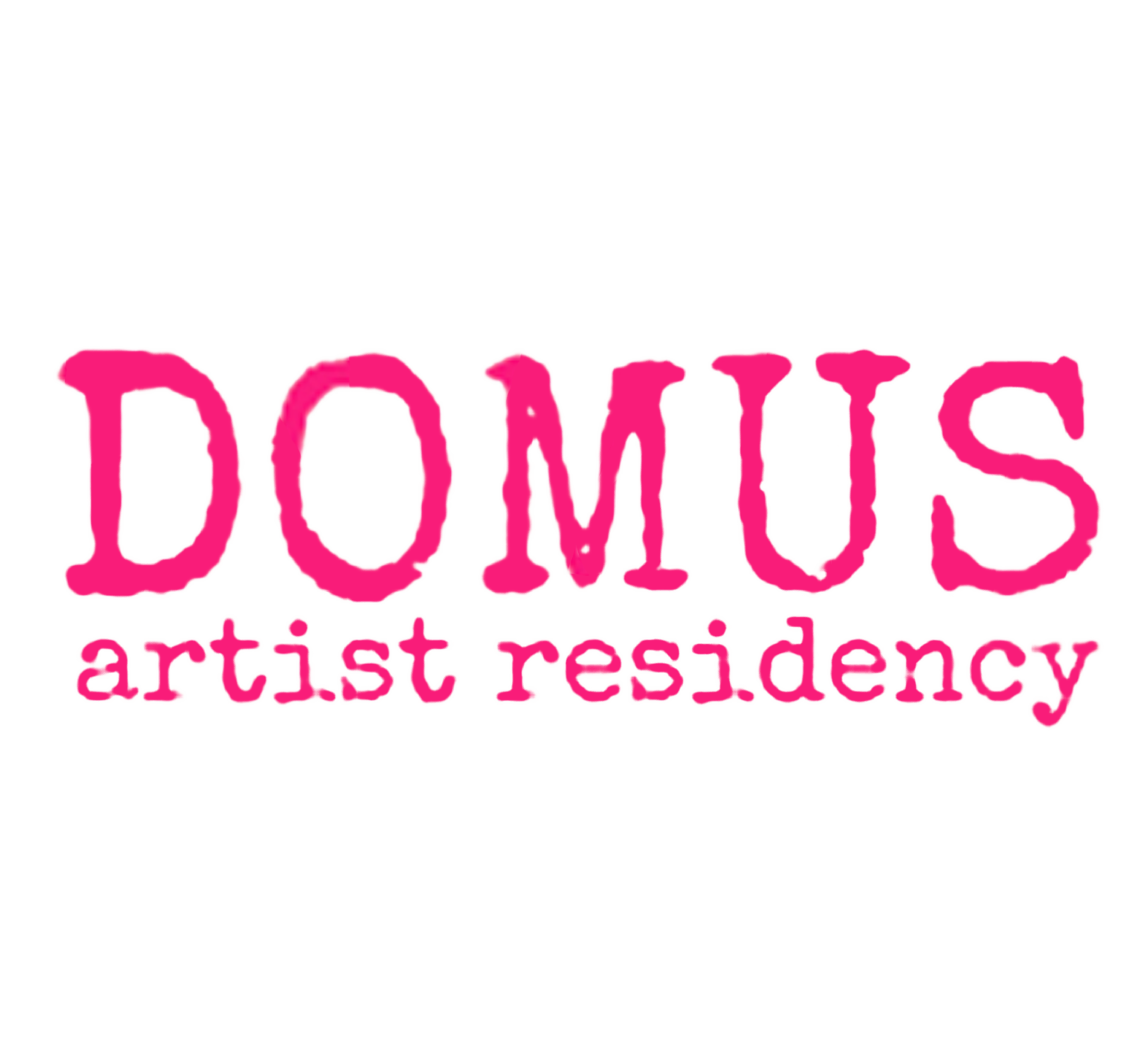Founded in 2019, DOMUS has been founded in part as a continuation of the French association Atelier Essenza, founded in 2014. These two associations work in tandem and complement each other with an intersectional, anti-violence, eco-feminist approach aiming, among other things, to establish inclusive strategies towards very different bodies: adults, children, disabled people, etc. Both spaces are at the crossroads between pedagogy, scientific research and artistic creation and between different somatic methods and the care of the person.
While the Atelier Essenza association is active in Paris, the association operates on a more physical aspect of our research, it aims to raise awareness about the way bodies are viewed, about minoritised bodies and, consequently, the practice of somatic and mind-body methods through specific workshops, group courses, theoretical workshops, individual appointments and public lectures. A team of dancers, artist-researchers and dancer-therapists work in conjunction with osteopathic therapists, shiatsu therapists, acupuncturists as well as psychiatrists, psychoanalysts and psychotherapists. Anthropologists, philosophers, political scientists and doctors regularly collaborate with the association in order to conduct our research in a scientific field and to allow somatic practice to be framed in a trans-disciplinary reflection adapted to the notion of "care" and to the notion of the "performativity of bodies".
DOMUS on the other hand focuses on the theoretical and methodological coherence of our association and is above all a residency dedicated to artists and curators, researchers and activists, locals and international intellectuals. It serves as an artist residency, and as a place of research and international meetings, events and performance study, a place to reside, to create, to share and to weave links between disciplines and the various spaces.
This desire to associate ourselves with this geographical space of the South comes, once again, from our interest in minority and peripheral bodies.
It is an antenna in the middle of the Mediterranean, which allows us to confront the question of the body in a geographical space as fragile as its inhabitants. We chose Galatina because it is the symbolic city of the "tarantismo" phenomenon: a ritual of self-care and rebellion by women. They opposed domestic or psychological violence through the use of their performing bodies in the public space of Galatina. This small town then embodies our idea of a space of care, our theorisation of performing bodies when we are faced with the stigma of disability or a gaze that minorises difference.
This house, a place that is both domestic and intimate, but also public and a place for international meetings, led us to develop the Domus project. It is a research residency around the body and "the Sud-s" in the plural. We alternate moments of artistic residencies with moments of care and research residencies. Here we carry out international projects with French universities (EHESS, Beaux-Arts de Marseille, etc.) but also with institutions in Paris and its suburbs (Mac Val Museum, the city of Saint-Denis and its candidacy for cultural capital 2028, the Institut du Monde Arabe, etc.).
The Domus Artist Residency has an international influence and opens the doors to collaborations with international institutions and partners. Since Galatina, Domus has been trying to project itself internationally with an approach to "care" that is first and foremost social but also geographical and cardinal. The South becomes the centre and the minoritised bodies find the same environment as the surrounding geographical space.



